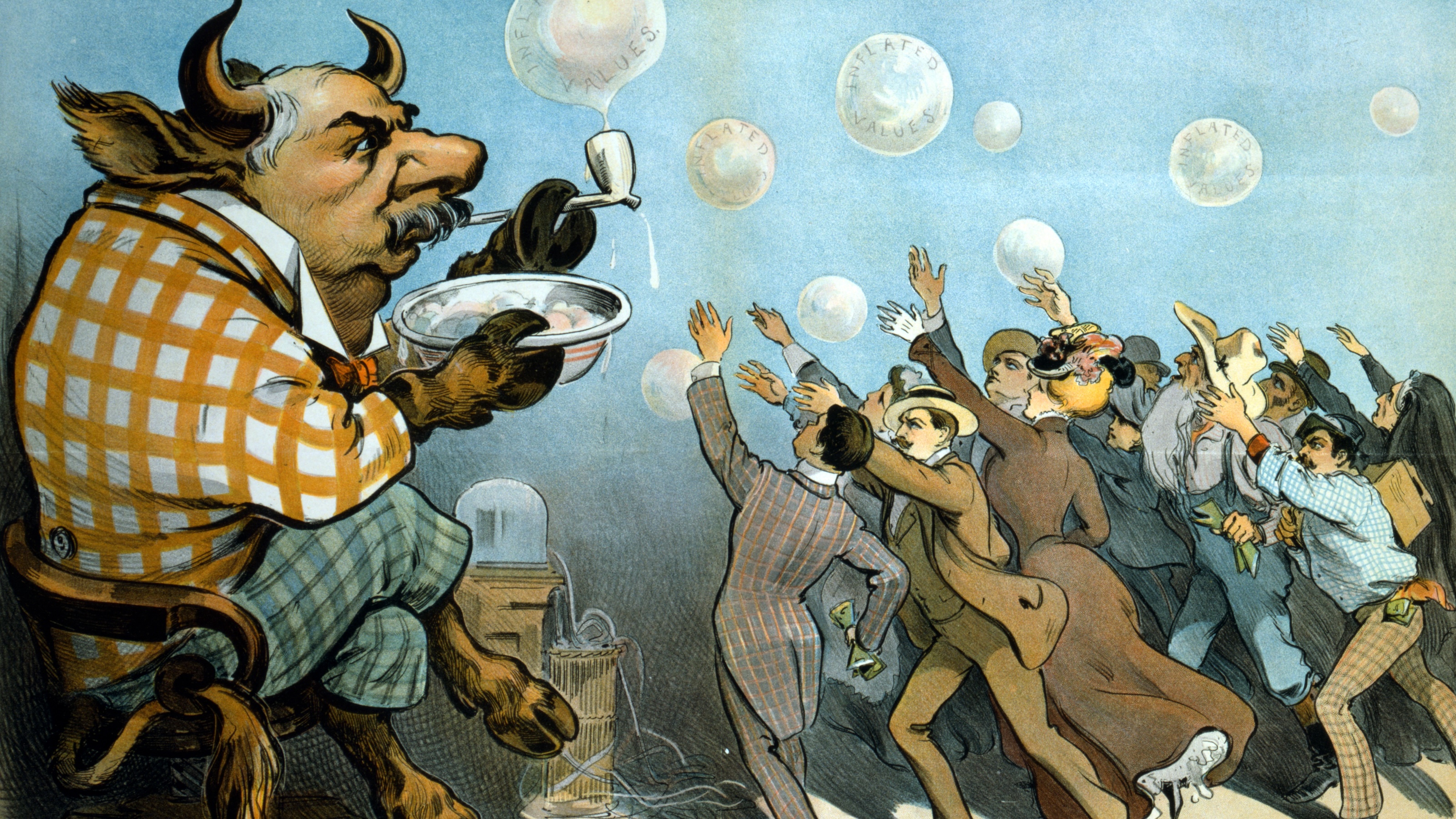Conant takes old-fashioned ingredients and ‘moves them around’ to make dishes a little more modern.
Question: What makes a great recipe?
Scott Conant: I’m working on it. I’m really- I’m really working on it-a great recipe. I- you know, everybody’s food ideas are very different. Like what I’ve grown up with and what I think is fantastic may be very different than what your food experiences are, and I’m learning that more and more all the time. You know I- I happen to make a spaghetti, which is one of the- one of the things that I like to think that I do pretty well, and I’ve had customers literally look at me and say, “I’ve had better- better spaghetti out of a Chef Boyardee can.” And for me that’s just like you- you know, that- there’s nothing but goodness in that plate, and it’s just- it’s crazy that someone would think that way. But people think that way, so it just goes to show you that what’s good for me isn’t necessarily good for the other person. And if you could find those dishes-- Scott Bryan one time said to me, “Scott, in your career, maybe you’ll find three of those dishes.” And, you know, me being for that- forever the optimist, I was like, “You’re nuts.” And I’ll tell you I think the guy has a point in hindsight. He’s-he’s right because the- those dishes are the ones that resonate with everybody across the board, and it’s very few that, what I found- that you could really- that you could really find. It’s- it’s tough sometimes; it’s tough- get your butt kicked a lot; you’re thick-skinned.
Question: Are you a traditionalist?
Scott Conant: I find myself a traditionalist in a sense that I really appreciate old-school thought and the simplicity and goodness of- of particular dishes. And sometimes the reason why a classic dish is classic is because it’s just wonderful. That being said, you know, if you give me a veal parmesan, for example, I- it’s not my- like, I just don’t like that kind of stuff because it- it- it’s good for somebody, but it’s not my-- I don’t wanna cook it and I don’t wanna eat- I don’t wanna eat it, really. I would like to take some of those same ingredients and kind of move them around and- and see what I could come up with that hopefully would make it a little bit better and a little more modern- a little fresher and- and- and all that stuff. Yeah, that’s what I would- that’s my approach.
Question: Five must-have ingredients?
Scott Conant: Always have- I always have olive oil, always some kind of flake sea salt whether it be Malden’s or something else. Always- like I said, olive oil is probably the first and foremost. I always have, like, six or seven bottles of olive oil; you know, sea salt, big popcorn fan-- late-night popcorn guy; good red wine vinegar- true chuletta vinegar; and-- you know I shouldn’t say this, but I always, in my cabinet, have reduced fat extra-chunky Skippy peanut butter <laugh>.
Question: What’s changing most in the restaurant business?
Scott Conant: I’ll tell you an interesting change that I find, and I’ve never seen it before. So it’s all new to me, and I realize that it’s happened over the past 10 years or so that people are now getting into cooking not to work in a restaurant-- and this has always been, and not even to cook at home, or-- it’s not even those two things. Now people are literally going into culinary schools or trailing at different restaurants to learn certain techniques so that they could pursue food media, which is-- I mean it’s- it’s bizarre for me. I mean I’ve just never thought of- of a cook not working in a restaurant or- and then second of all, you know, taking an approaching the way an actor takes an approach to a movie. I mean that’s- you know, you learn your part and then you pursue the- the role. So that’s the one thing that I-- you know, and- and I’m not gonna say it’s not disturbing; it’s very disturbing for me because it’s- that’s not what it’s about, as far as I’m concerned, and that’s maybe the old-school part of me that-- you know when I look at television or I look at- at different media outlets, I think initially a lot of it was created as an advertising platform. So it’s- it’s interesting that it’s not about advertising what they do, which would be restaurants and books, or consulting jobs and things of that nature; but now that it’s strictly building their own name, which isn’t attached to anything else-- until they build the name and then they attach it to their- to their full circle. So that’s probably the biggest thing for me that- that’s changed in the food world since I’ve been in it, now, you know, 23 years.
Recorded on: 03/24/2008





